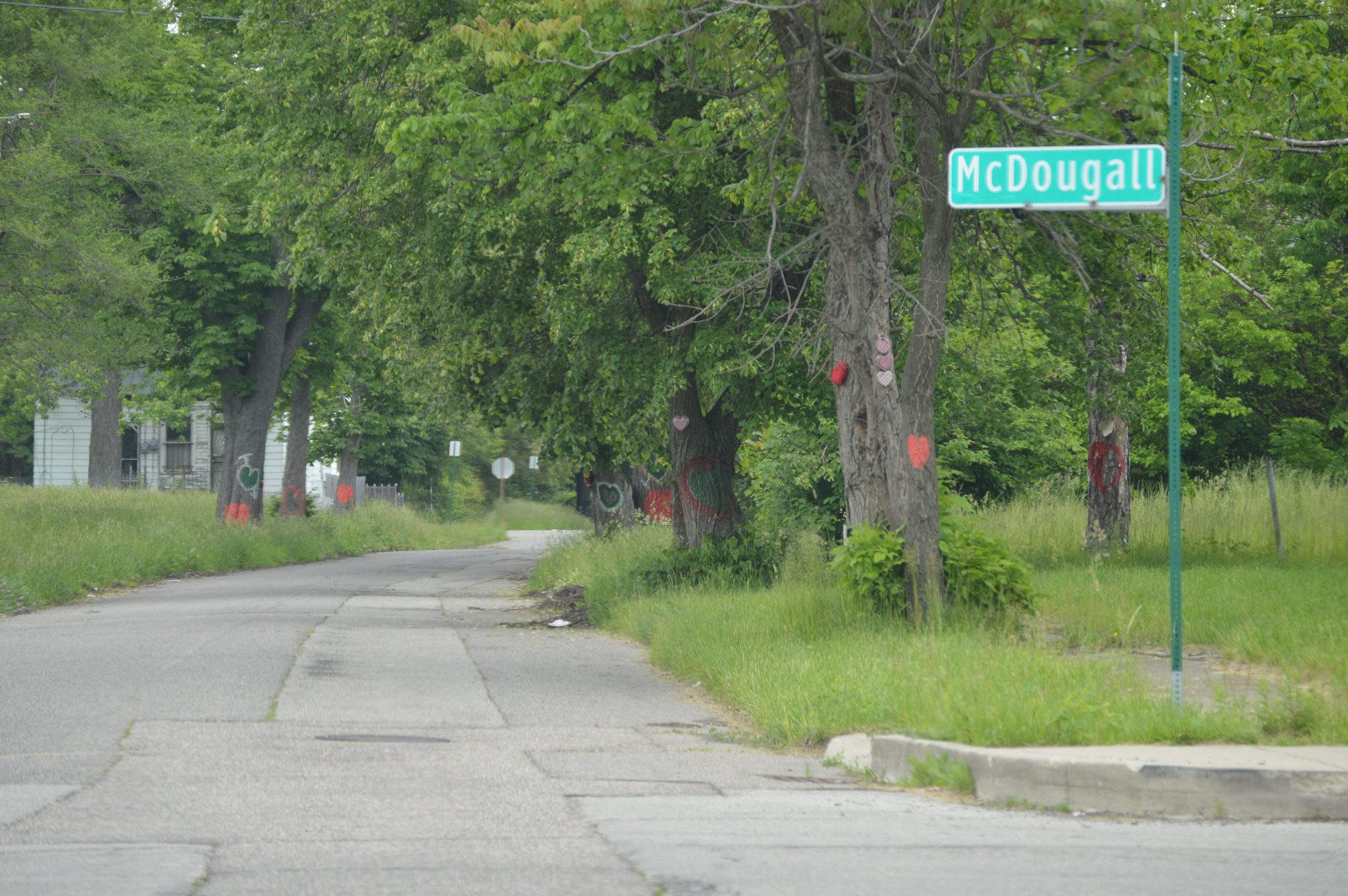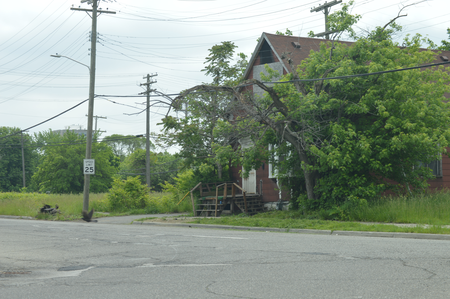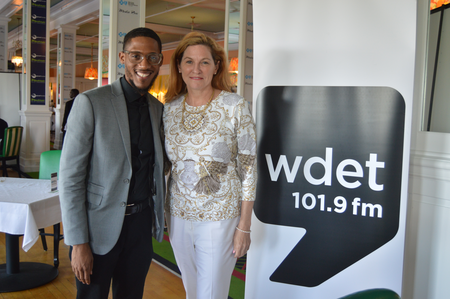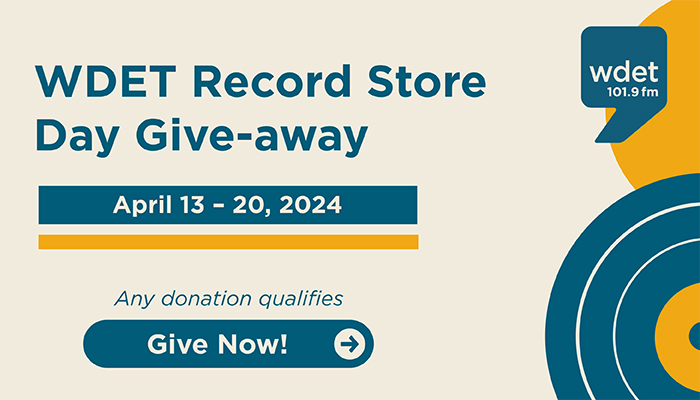Foundation Looks to Redevelop Neighborhoods Experiencing Population Loss
The Alternative Foundation says it hopes to build a new model to develop low-density areas, starting with McDougall-Hunt near Eastern Market.


A Boston-based foundation is looking to redevelop and invest in Detroit neighborhoods that aren’t yet on the city’s radar.
The Alternative Foundation is focusing on low-density neighborhoods, starting with McDougall-Hunt, which sits next to Eastern Market and is where the the Heidelberg Project is located. These areas can be challenging to develop due to population loss, but the foundation has teamed with Eastside Community Network, a local nonprofit, on engaging residents to envision possibilities for the future of the neighborhood.

WDET’s Jake Neher spoke with the Alternative Foundation’s executive director, Rachel Smith Alternative, and the Eastside Community Network’s Orlando Bailey about the new initiative and the challenges posed by gentrification, the phenomenon where development leads to residents relocating due to a variety of factors.
Read excerpts from the Q&A below, condensed and edited for clarity, and click on the audio player above for the full conversation.
WDET: Talk about McDougall-Hunt, why was this the place you wanted to focus on?
Rachel Smith Alternative, Alternative Foundation: First of all, it’s a manageable size, about a half-square mile. It has a significant amount of vacant land. But the neighborhoods surrounding it have already started to receive investment. It’s got a very strong community that have lived there for a very long time. Between the community and the vacant land, there’s a need to protect the existing residents from being displaced if and when it gets further developed.
Orlando, this is something that we talk about all the time; making sure that the people who already live in these neighborhoods aren’t forced out and gentrification isn’t a destructive process. Talk about what’s happening here and how you’re working together in a way that could be a model for other neighborhoods.
Orlando Bailey, Eastside Community Network: When we talk about wanting to work against gentrification and figure out strategies to revitalize and redevelop neighborhoods, I think we sometimes forget to ask the residents: what are their ideas? They live there, so they’re the experts in where they live. They carry a deep, rich history, so we respect that expertise.
ECN is a facilitator between different partners with the residents at the forefront, co-creating a sustainable plan that looks at housing in low-density areas, [and] that’s looking at the positive adjacencies. So what’s happening in Eastern Market, Lafayette Park, Islandview Village, are all positives. How do we leverage that positive adjacency for equitable investment in McDougall-Hunt for years to come?
It wasn’t that long ago that we were talking about forced relocation of people out of low-density neighborhoods. How has that conversation changed in the last couple of years?
Bailey: I think forced location is still happening, in some instances, but not by eminent domain. We are dealing with a tax foreclosure crisis in the city of Detroit. McDougall-Hunt was hit pretty hard and it’s lost a lot of its residential stock, we’ve lost a lot of structures, so there’s an abundance of vacant land. So I think it’s taking on a new form.
What we’re trying to do is stop tax foreclosures, trying to keep people in their homes. ECN is working with Quicken Loans to offer poverty tax exemption workshops. A ton of residents apply now, which is great, but they didn’t even know that this program existed and that they can be exempt from paying property taxes. It’s about stabilizing who’s there first, and then we have a conversation about the future.
Rachel, do you have a timeline for how you want to see things move forward? What can we expect going forward from here?
Alternative: The vision is to create a template for redevelopment in low-density neighborhoods. Talking with city officials, they think that they’ve cracked the code on redevelopment in high-density neighborhoods, but this could possibly fill that void. And we’re also really interested in looking at new and innovative solutions to existing problems, [making] sure that home ownership is equitable. One initiative we’re looking at is a community land trust.
As far as a timeline goes, we have establishing existing housing stock, making it a blight-free neighborhood, first and foremost. Second would be looking at productive uses for the vacant land. Detroit Future City has some really great guidelines on what to do with vacant plots but we need to take that into a larger scale. And then down the road, three years or so, start thinking about new housing possibilities. We don’t have a housing partner at this point, so that’s definitely down the road. My estimate would be five years to get to a very comfortable place.

